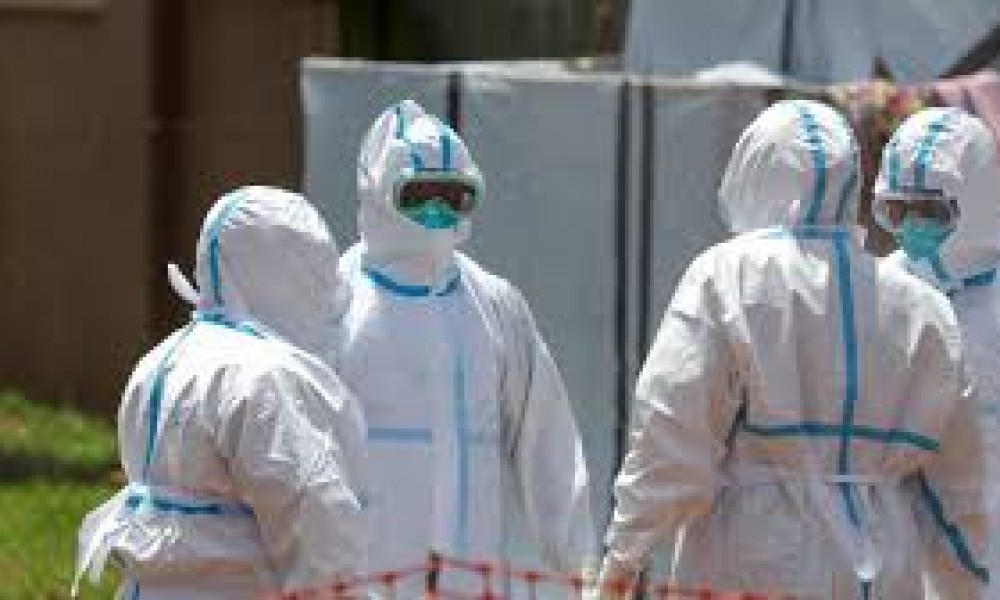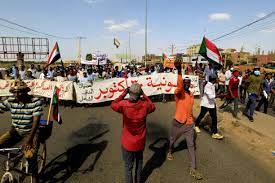African leaders are pushing back on travel bans imposed by wealthy or Western nations in an effort to stop the spread of the highly transmissible omicron variant — and expressing their anger that the result of South Africa's openness in sharing news of the variant has led to what they see as punitive measures.
The variant was detected last week in Botswana and South Africa, and since then it's been found in countries across the globe from Scotland to Canada. It's still unclear where the latest known strain originated.
Yet the travel restrictions specifically target nations in southern Africa. This prompted blowback this week from African leaders and public health officials, who say the bans will do more harm than good and discriminate against countries in the region.
"The prohibition of travel is not informed by science, nor will it be effective in preventing the spread of this variant," South Africa president Cyril Ramaphosa said in a speech on Sunday.
"The only thing the prohibition on travel will do is to further damage the economies of the affected countries and undermine their ability to respond to and also to recover from the pandemic," he added.
Lazarus Chakwera, the president of Malawi and chairman of the Southern African Development Community member states, echoed that sentiment in a Facebook post on Sunday, saying travel bans on southern African nations were "uncalled for." "COVID measures must be based on science, not Afrophobia," he said.
Several countries have taken steps to limit the flow of travelers from southern Africa.
In the U.S., the Biden administration began restricting travel from eight southern African nations on Monday, including Botswana and South Africa. Non-U.S. citizens are prohibited from entering the U.S. if they have been in any of those countries in the previous two weeks.
In the U.K., 10 countries in southern Africa were added to its "red list," a list of places the government defines as high risk for new and emerging strains of coronavirus. While the U.K. isn't blocking these travelers from entering, it is requiring them to take several coronavirus tests and quarantine for at least 10 days.





